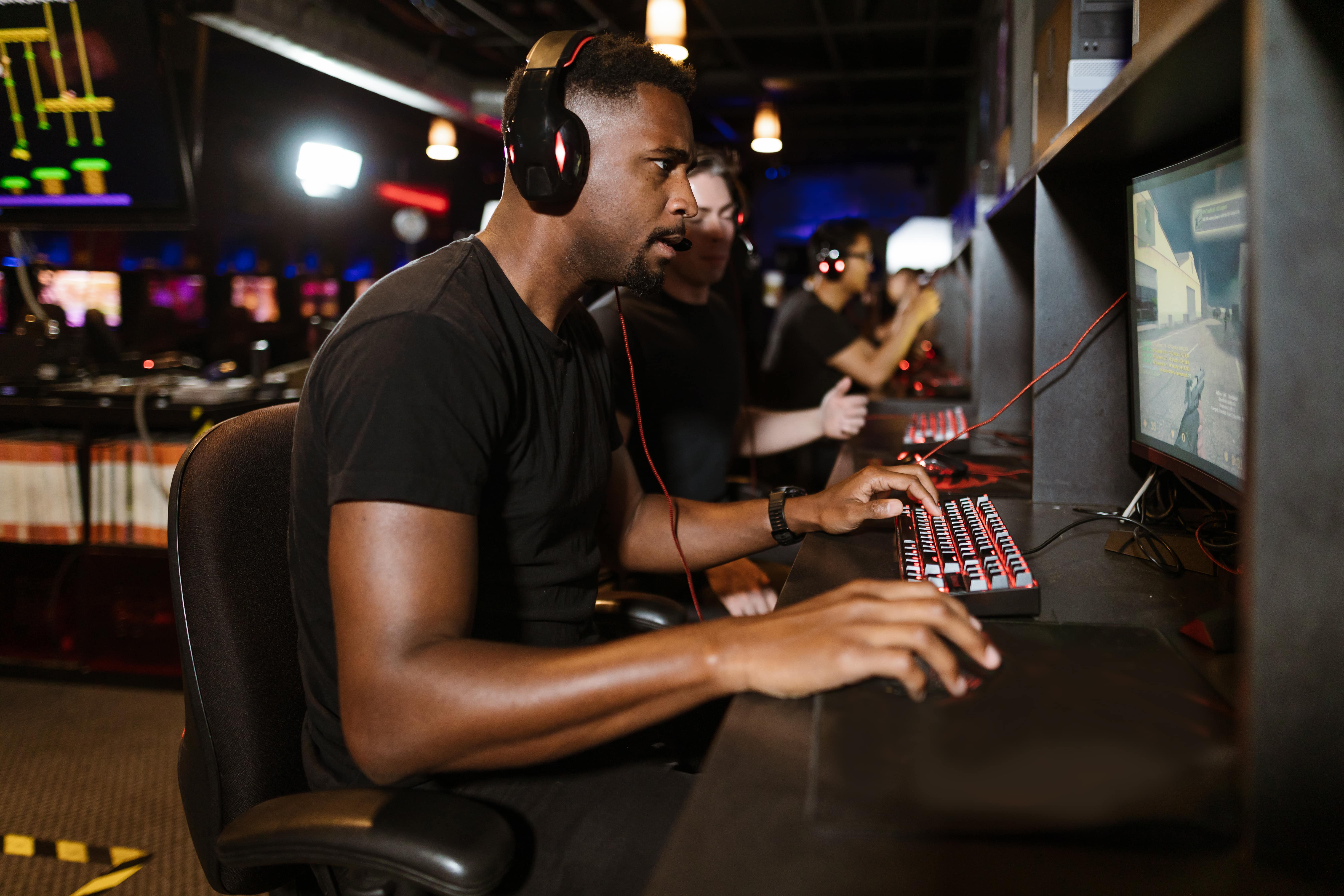Nine Benefits of Real-Time Strategy Games
This article explores all the benefits of playing real-time strategy games and what you can learn. So, read this and start learning now.

Learning Strategy
RTS games frequently place you in command of armies or squads of soldiers. Your objective is to defeat the enemy by destroying their home base and killing enough enemy units or by completing specialised tasks such as defending strategic points. These games put a player's ability to concentrate and think on their feet to the test. They have no idea what their opponents are planning and must account for all possibilities if they are to win. Unlike turn-based strategy games, which allow you to think about your next move for an extended period, RTS games require you to make quick decisions. This, in turn, gives your brain a good workout and has many benefits (as we will see below) that can be used outside gaming. Yes, that's right. Gaming has other benefits outside of gaming. For example, an FPS game can improve your cognitive skills, and online poker e could help improve your maths. Let’s take a look at the learning benefits of playing RTS games.

Image Credit: Pexels
- Decision Making - Real-time strategy games are challenging. There is no room for careless errors. A quick purchase, merger, or alliance could save your empire. The goal is to survive and fight another day. Giving your brain a daily fix will train it to make quick decisions.
- Memory - The best RTS players do not consider their gameplay the same way we do. Ordinary people move the mouse around a lot, clicking on each building or unit as needed. On the other hand, world-class players have memorised every building, unit, and action in the game. As a result, they don't wiggle and click; instead, as you or I would type an email, they type, and the game responds with instantaneous, tightly-controlled activity all over the map.
- Self-Analysis - When you first start playing RTS games, one of the first things you notice is how difficult they are. They're so tricky that almost all new players resort to watching gameplay analyses of better players and reading how-tos and strategy guides. The player's own gameplay, which is recorded in most major RTS games in the form of replays of previous matches, is an excellent tool for improvement.
- Resourcefulness - The primary goal of any RTS game is to outmaneuver your opponent in managing a limited set of resources. Most games take place on maps with resources strategically placed throughout the map, requiring you to scout out these locations, capture the resources, and defend them meaningfully against the opposition's attempts to displace your control.
- Teamwork - Another significant impact of strategy games that could be attributed to increased productivity is their ability to foster bonds among players. It is an essential aspect of gaming that can explain why employees feel happier at the end of the day. Strategy games frequently necessitate effective collaboration among players to achieve mission objectives. In business, the same rule applies: teamwork is commonly required to achieve the best project outcomes.
- Planning - The gameplay of RTS games differs significantly from that of other games. Before beginning a mission, one must first gather the tools that will be used. What you have in your arsenal will determine whether or not you succeed. This is because these games are designed so that each weapon has a more vigorous, usually smaller, counterattack. The same is true for starting a business. The caliber of your team is the most crucial factor. Having members who drag you down will make it difficult for your business to take off.
- Perspective - Good RTS players understand that each game is a war, not a battle and that each engagement lays the groundwork for the next. Investigating your opponents' defenses, determining which units they are building and which they are not, what upgrades they are focusing on, and which they are skipping. Every decision you make has both long-term and short-term consequences. You must approach the game with a long-term perspective rather than as a series of isolated battles that you either win or lose.
- Problem Solving - Another advantage of strategy games is that they can help you improve your problem-solving abilities. While most games require you to think quickly on your feet, strategy games allow you to take your time and plan out your next move. This is especially useful in real life, where you frequently have to make split-second decisions.
- Focus - Strategic games have been linked to longer attention spans. This should go without saying, given that strategy games necessitate the player's undivided attention. Therefore, regularly playing these games trains the brain to develop a strong attention span. A strong attention span aids in problem-solving and the development of long-term goals.

Image Credit: Pexels
(Disclaimer: Devdiscourse's journalists were not involved in the production of this article. The facts and opinions appearing in the article do not reflect the views of Devdiscourse and Devdiscourse does not claim any responsibility for the same.)










